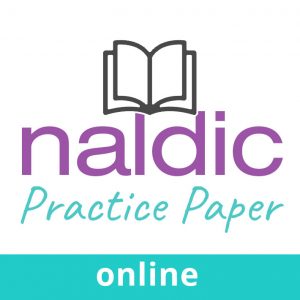Description
Supplementary or Complementary schooling, organised by minority ethnic and linguistic groups to support their own communities, has a long history in supporting learning beyond the mainstream sector. Indeed, successive governments have encouraged minority communities themselves to be responsible for maintaining their own community, cultural and linguistic heritages separate from the mainstream. The main purpose of this paper is to look at how complementary schooling, which is focused on the maintenance of community languages and cultures, can be included in the wider educational agenda. We will show how educational experiences around language learning, bilingualism and curriculum issues in complementary schools add value to the teaching and learning objectives of mainstream education. In doing so, we explore the potential links between voluntary and statutory education sectors, and the possiblilities for synergy and distinction.




Reviews
There are no reviews yet.